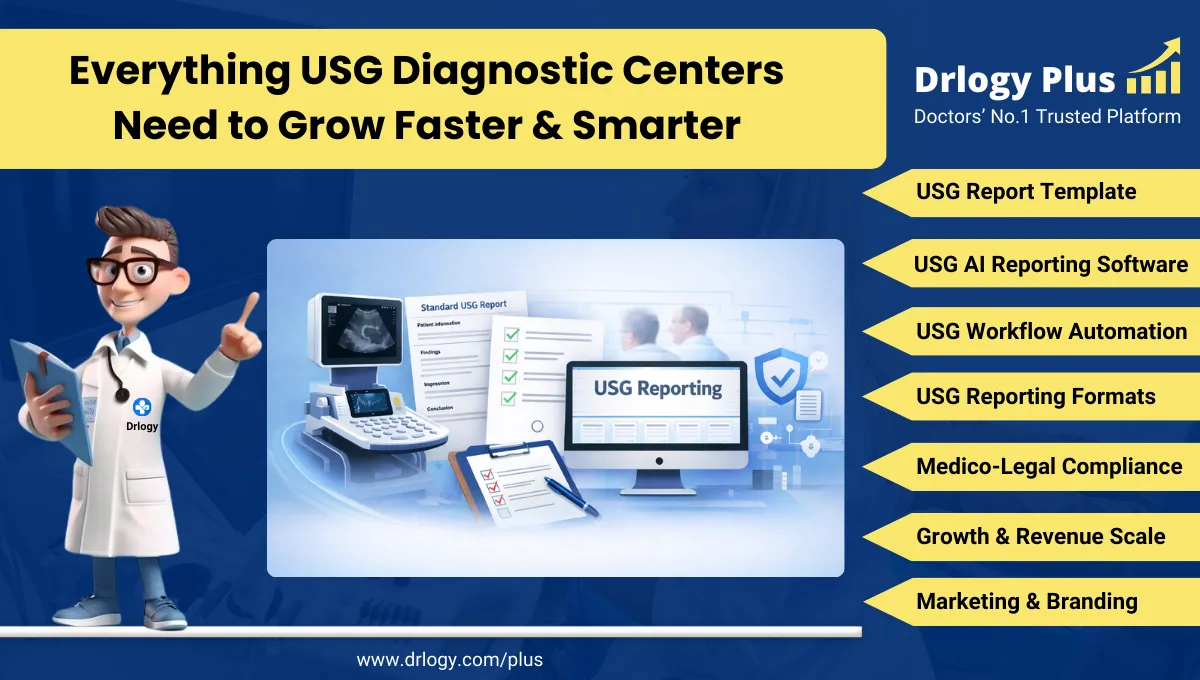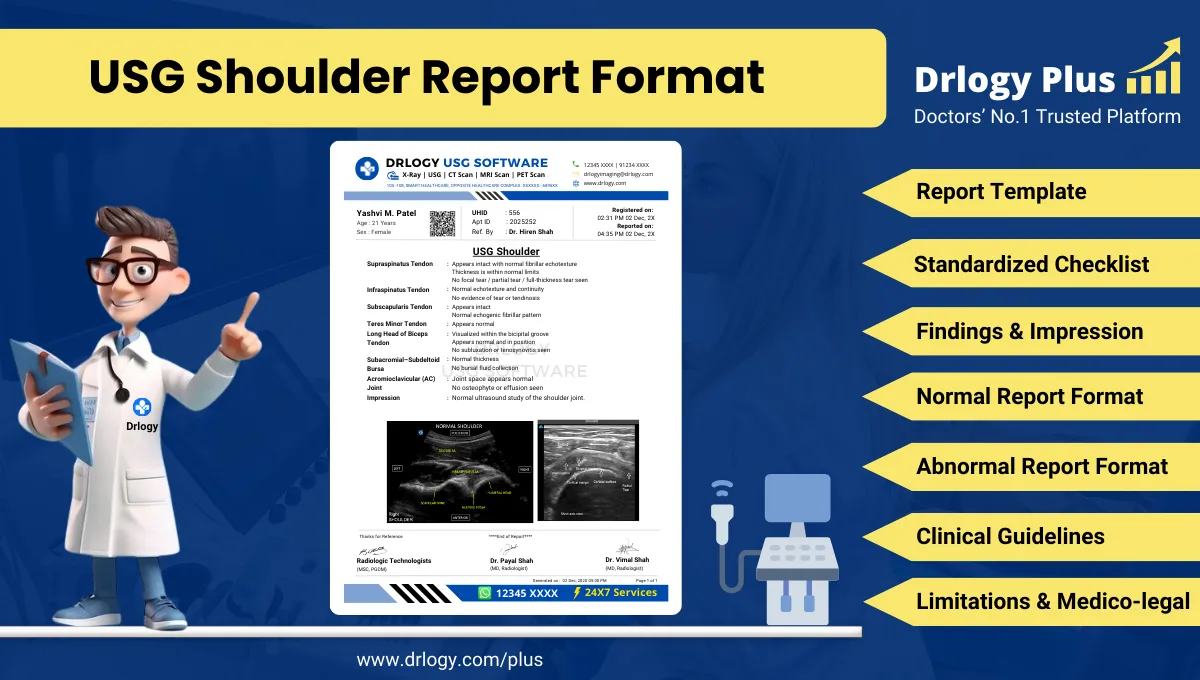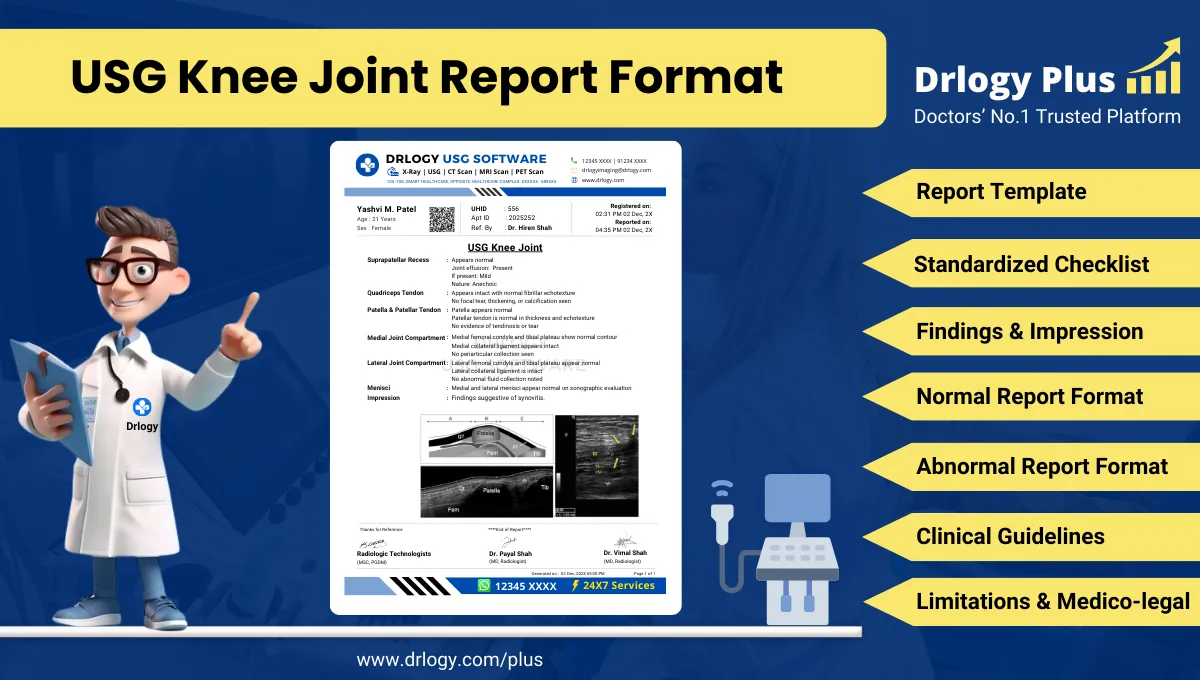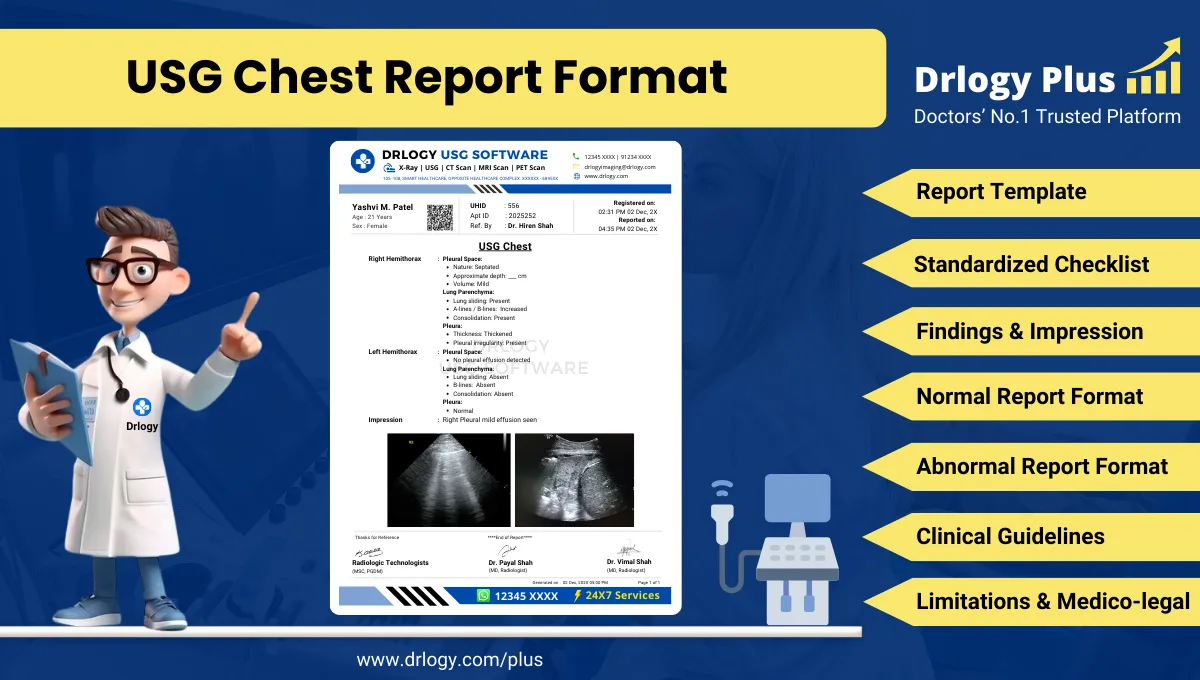

Drlogy
Healthcare organization
10 Main Tips Improve the Patient Experience
Welcome, beginners, to the realm of patient experience, led by Dr. Smart. In this realm, you'll explore the significance of delivering compassionate and patient-centered care, creating positive interactions, and ensuring that every patient's journey is marked with comfort, trust, and empathy.
What is Patient Experience?
Patient experience refers to the sum of interactions and perceptions a patient has with the healthcare system throughout their entire journey, from seeking medical care to receiving treatment and aftercare. It encompasses all aspects of care delivery, including the physical environment, communication with healthcare providers, wait times, treatment outcomes, and overall satisfaction.
The patient experience focuses on understanding and improving the patient's perspective, preferences, and feelings during their interactions with the healthcare system, with the goal of providing patient-centered, compassionate, and high-quality care.
Patient Experience Improvementeas for Hospitals:
- Implement a patient-centered approach with empathy and active listening during interactions.
- Reduce wait times through efficient appointment scheduling and workflow management.
- Enhance the physical environment with comfortable waiting areas and clear signage.
- Offer patient education materials and resources to improve health literacy.
- Conduct patient satisfaction surveys to gather feedback andentify areas for improvement.
Also Check: Best AI & Cloud-Based Hospital Software For Patient Experience
Patient Experience Improvementeas for Pathology Labs:
- Provide clear and concise communication on test procedures and expectations.
- Minimize wait times for sample collection and test results reporting.
- Offer a streamlined and pleasant registration process for patients.
- Create a user-friendly online portal for patients to access their lab results and communicate with lab staff.
- Ensure a compassionate and informative approach when addressing patients' concerns.
Also Check: Best AI & Cloud-Based Pathology Lab Software For Patient Experience
Patient Experience Improvementeas for Clinics:
- Train staff in effective communication and interpersonal skills to build rapport with patients.
- Personalize patient care and treatment plans based on individual needs and preferences.
- Implement a patient feedback system to continuously monitor and address patient satisfaction.
- Improve appointment availability and flexibility to accommodate patient schedules.
- Offer telemedicine services for convenient and accessible healthcare consultations.
Also Check: Best AI & Cloud-Based Clinic Software For Patient Experience
Patient Experience vs Patient Satisfaction
Here are the basic differences between patient experience vs patient satisfaction.
| Patient Experience | Patient Satisfaction |
|---|---|
| Encompasses the entire patient journey, including interactions, emotions, and perceptions. | Reflects the patient's contentment with specific services or outcomes. |
| Focuses on the overall quality of care and how patients feel throughout their healthcare experience. | Primarily concerned with meeting or exceeding patient expectations. |
| Measures aspects such as communication, empathy, and patient involvement in decision-making. | Assesses whether the patient's expectations were met in terms of treatment results. |
| Can be influenced by various factors, including wait times, communication, and staff attitudes. | Often related to meeting clinical goals and resolving healthcare issues. |
| Takes into account patient emotions and considers the subjective aspects of care. | Emphasizes the patient's evaluation of care based on their expectations. |
| May not always result in immediate satisfaction but can lead to long-term loyalty and trust. | Immediate satisfaction may not necessarily ensure long-term loyalty or trust. |
10 Main Tips to Improve the Patient Experience
Here are 10 main tips to improve the patient experience:
- Enhance Communication: Ensure clear, empathetic, and effective communication between patients and healthcare providers.
- Reduce Wait Times: Implement strategies to minimize waiting times for appointments and in waiting rooms.
- Personalized Care: Tailor healthcare services to meet individual patient needs and preferences.
- Listen to Feedback: Actively seek and utilize patient feedback to make improvements in care delivery.
- Empower Patients: Involve patients in their healthcare decisions and provide them with education and resources.
- Create a Comfortable Environment: Design a welcoming and comfortable healthcare facility to put patients at ease.
- Foster a Culture of Respect: Promote respect and empathy among all healthcare staff towards patients.
- Streamline Processes: Optimize administrative and clinical processes to improve efficiency and patient flow.
- Offer Support Services: Provide additional support services, such as counseling or social services, as needed.
- Follow-Up Care: Ensure timely and thorough follow-up care to monitor patient progress and address concerns.
10 Main Importance Of Patient Experience
Here are 10 main importance of patient experience presented below.
| Importance of Patient Experience | Description |
|---|---|
| Improved Satisfaction | Positive experiences lead to satisfied patients. |
| Patient Loyalty | Good experiences foster patient loyalty. |
| Better Treatment Compliance | Enhanced experience promotes treatment adherence. |
| Trust in Healthcare | Positive experiences build trust in healthcare providers. |
| Increased Engagement | Engaged patients actively participate in their care. |
| Positive Word of Mouth | Satisfied patients recommend the facility to others. |
| Enhanced Health Outcomes | Positive experiences contribute to better treatment outcomes. |
| Reduced Anxiety | Compassionate care reduces patient anxiety and stress. |
| Better Patient-Provider Communication | Open and effective communication improves understanding. |
| Patient-Centered Care | The patient experience focuses on personalized and patient-centric care. |
Patient Care Management Strategies
A 14 steps comprehensive guide to Patient Care Management Strategies for healthcare and medical advisors from scratch to explore a full medical and patient growth potential like Dr. SMART for growing and expanding patient management operations in India with detailed information.
| Patient Care | Management Strategies |
| 1. Patient Engagement | 8. Patient Followup |
| 2. Patient Education | 9. Patient Safety |
| 3. Patient Assessment | 10. Patient Experience |
| 4. Patient Counselling | 11. Patient Feedback |
| 5. Patient Services | 12. Patient Satisfaction |
| 6. Patient Management | 13. Patient Retention |
| 7. Patient Compilance | 14. Patient Growth |
Summary
Overall, patient experience is a pivotal factor in healthcare, influencing patient satisfaction, loyalty, and treatment compliance. By prioritizing compassionate and patient-centered care, healthcare providers can create positive interactions that lead to better health outcomes and foster lasting trust with their patients.
If you want Patient engagement growth strategies or want to expand your medical practice, Drlogy will give you A to Z solutions to patient care practice growth strategies on 14 blog solutions of patient care management strategies. Please visit Drlogy series to get all your answers.
FAQ
How can healthcare providers enhance the patient experience?
Patient Experience Listen actively to patient concerns and involve them in their care decisions.
- Improve communication by using plain language and providing clear instructions.
- Minimize wait times by optimizing appointment scheduling and clinic workflows.
- Create a welcoming and comfortable environment for patients during their visits.
What strategies can clinics implement to ensure a positive patient experience?
- Train staff in empathy and customer service to create a caring and compassionate atmosphere.
- Offer personalized care plans tailored to each patient's unique needs and preferences.
- Provide easy access to educational resources and support for patient self-management.
- Use patient feedback surveys to continuously monitor and address patient satisfaction.
How does a positive patient experience benefit both patients and healthcare providers?
- A positive patient experience fosters patient trust, loyalty, and increased patient retention.
- Satisfied patients are more likely to adhere to treatment plans and follow medical advice.
- Healthcare providers gain a positive reputation, leading to potential word-of-mouth referrals.
- Improving the patient experience contributes to higher patient satisfaction scores and better overall healthcare outcomes.




